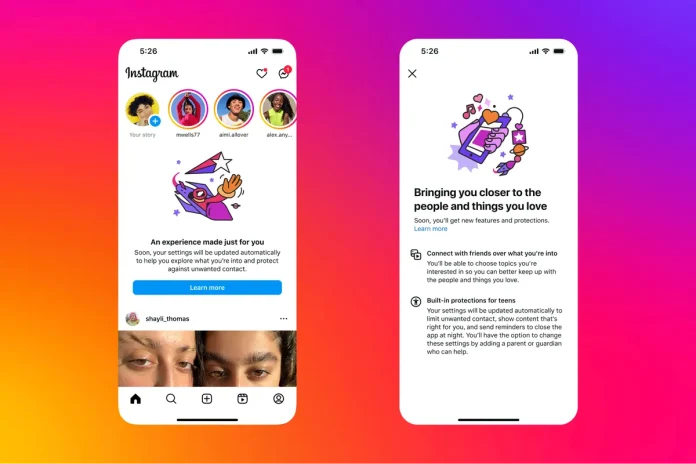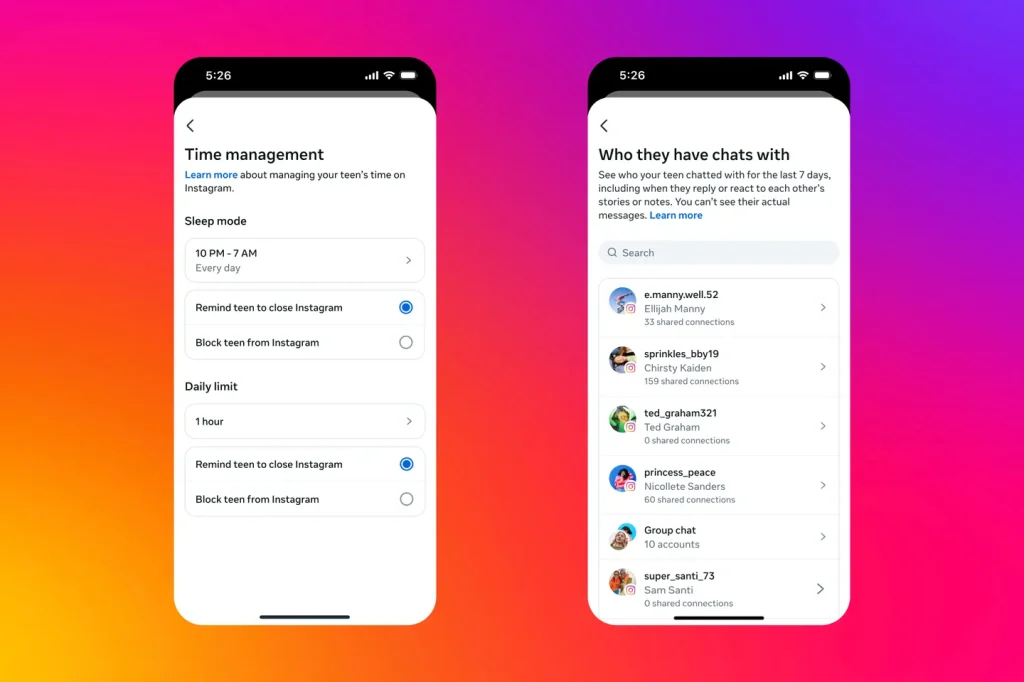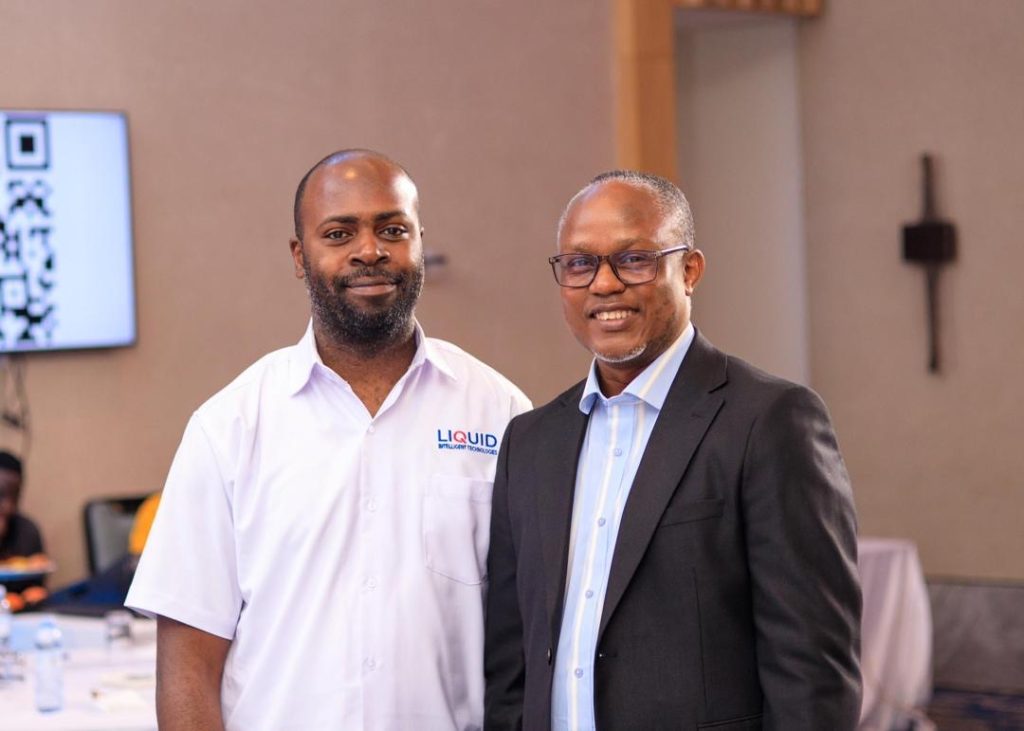Apple is reportedly working on new augmented reality (AR) devices, including smart glasses and AirPods with integrated cameras, with a potential release date in 2027. According to Bloomberg’s Mark Gurman, these upcoming products are part of Apple’s strategy to broaden its AR ecosystem beyond the current Vision Pro headset. The new offerings aim to make AR technology more accessible to a wider range of consumers.
The Vision Pro headset, despite its highly advanced technology, has faced significant challenges in the market. With a hefty price tag of $3,500, complaints about its weight, overheating issues, and the overall niche appeal, consumer interest has reportedly declined since its initial launch. Sales of the Vision Pro have not met Apple’s expectations, pushing the tech giant to consider more user-friendly AR solutions.
In his latest Power On newsletter, Gurman reveals that Apple’s Vision Products Group is looking ahead to more mainstream AR devices, such as smart glasses comparable to Meta’s Ray-Ban Stories collaboration. These smart glasses, along with AirPods featuring built-in cameras, are expected to utilize Apple’s existing investment in the Vision Pro’s visual intelligence technology. This system allows devices to analyze their surroundings and provide real-time information to the user.
In addition to the AR developments in hardware, Apple is set to bring similar augmented reality features to its iPhone lineup. Later this year, iPhone 16 users will be able to point their cameras at objects or locations to access relevant information instantly. For instance, when aimed at a restaurant, the camera will display ratings and hours of operation, or when pointed at a plant, the app will identify the species. The feature will also allow users to interact with dates on objects, such as event flyers, adding them directly to the Calendar app.
Although the smart glasses and camera-equipped AirPods are still in the development phase, they are a clear indication of Apple’s ambitions to push AR technology into more everyday use cases. The company is also working to stay competitive with rivals like Meta, which has already introduced similar smart glasses products at a more affordable price.
Looking further ahead, Apple has plans to refine its Vision Pro offering with a lower-cost model, expected to be priced around $2,000. This version could be available as early as next year. Meanwhile, a second-generation Vision Pro headset, featuring an upgraded processor, is reportedly in the pipeline for release in 2026.
Apple’s vision of the future includes an AR world embedded in everyday devices, and while challenges remain, the company’s continued investment in augmented reality signifies its commitment to leading the next generation of immersive technology.
Stay tuned to Guru8 for further updates on Apple’s latest innovations.


















